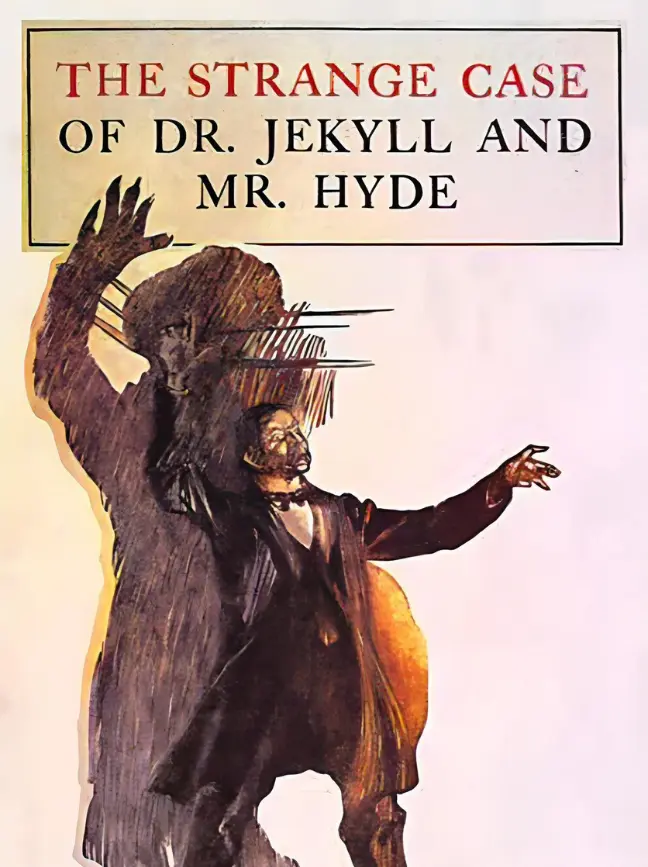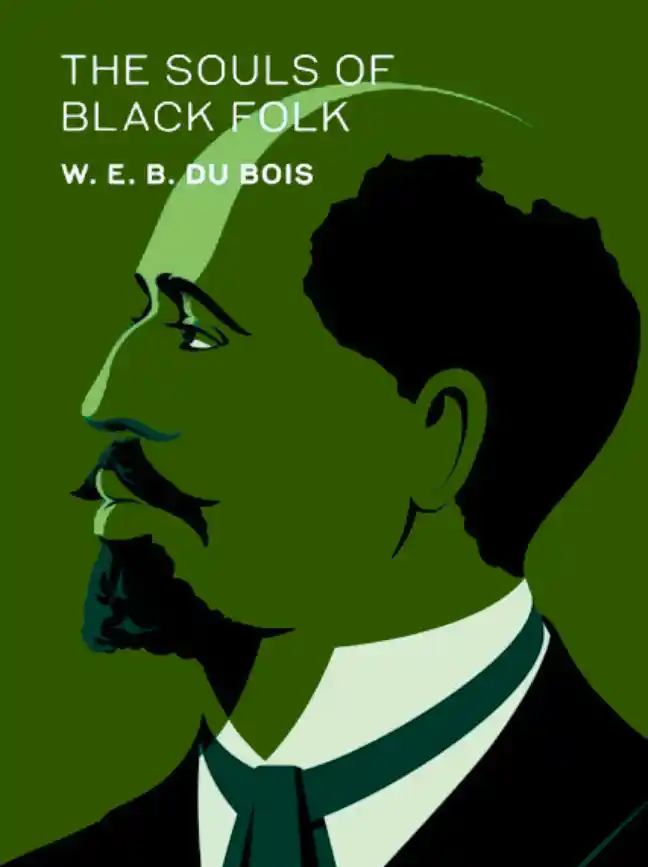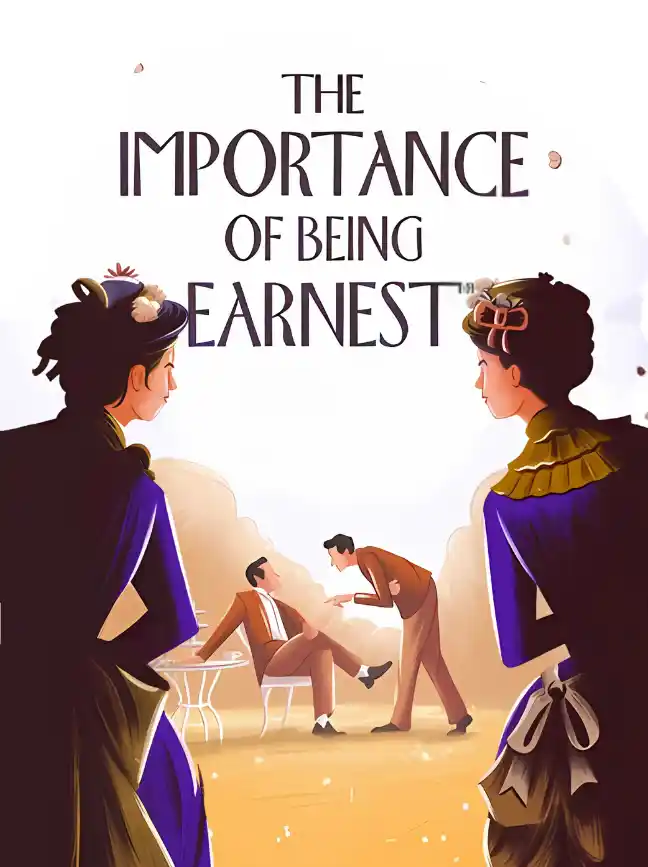In his study The Nature of Evil (1931), Radoslav A. Tsanoff cites a terse reflection set down by the German philosopher Julius Bahnsen in 1847, when he was seventeen years old. “Man is a self-conscious Nothing,” wrote Bahnsen. Whether one considers these words to be juvenile or precocious, they belong to an ancient tradition of scorn for our species and its aspirations. All the same, the reigning sentiments on the human venture normally fall between qualified approval and loudmouthed braggadocio. As a rule, anyone desirous of an audience, or even a place in society, might profit from the following motto: “If you can’t say something positive about humanity, then say something equivocal.”
Returning to Bahnsen, he grew up to become a philosopher who not only had nothing either positive or equivocal to say about humanity, but who also arrived at a dour assessment of all existence. Like many who have tried their hand at metaphysics, Bahnsen declared that, appearances to the contrary, all reality is the expression of a unified, unchanging force
—a cosmic movement that various philosophers have characterized in various ways. To Bahnsen, this force and its movement were monstrous in nature, resulting in a universe of indiscriminate butchery and mutual slaughter among its individuated parts. Additionally, the “universe according to Bahnsen” has never had a hint of design or direction. From the beginning, it was a play with no plot and no players that were anything more than portions of a master drive of purposeless self-mutilation. In Bahnsen’s philosophy, everything is engaged in a disordered fantasia of carnage. Everything tears away at everything
else . . . forever. Yet all this commotion in nothingness goes unnoticed by nearly everything involved in it. In the world of nature, as an instance, nothing knows of its embroilment in a festival of massacres. Only Bahnsen’s self-conscious Nothing can know what is going on and be shaken by the tremors of chaos at feast.
—
As with all pessimistic philosophies, Bahnsen’s rendering of existence as something strange and awful was unwelcome by the self-conscious nothings whose validation he sought. For better or worse, pessimism without compromise lacks public appeal. In all, the few who have gone to the pains of arguing for a sullen appraisal of life might as well never have been born. As history confirms, people will change their minds about almost anything, from which god they worship to how they style their hair. But when it comes to existential judgments, human beings in general have an unfalteringly good opinion of themselves and their condition in this world and are steadfastly confident they are not a collection of self-conscious nothings.
Must all reproof of our species’ self-contentment then be renounced? That would be the brilliant decision, rule number one for deviants from the norm. Rule number two: If you must open your mouth, steer away from debate. Money and love may make the world go round, but disputation with that world cannot get it to budge if it is not of a mind to do so. Thus British author and Christian apologist G. K. Chesterton: “You can only find truth with logic if you have already found truth without it.” What Chesterton means to say here is that logic is irrelevant to truth, because if you can find truth without logic then logic is superfluous to any truth-finding effort. Indeed, his only motive for bringing logic into his formulation is to taunt those who find logic quite relevant to finding truth, although not the kind of truth that was pivotal to Chesterton’s morale as a Christian.
Renowned for stating his convictions in the form of a paradox, as above, Chesterton, along with anyone who has something positive or equivocal to say about the human race, comes out on top in the crusade for truth. (There is nothing paradoxical about that.) Therefore, should your truth run counter to that of individuals who devise or applaud paradoxes that stiff up the status quo, you would be well advised to take your arguments, tear them up, and throw them in someone else’s garbage.
To be sure, though, futile argumentation has its attractions and may act as an amusing complement to the bitter joy of spewing gut-level vituperations, personal idolatries, and rampant pontifications. To absolve such an unruly application of the rational and the irrational (not that they are ever separable), the present “contrivance of horror” has been anchored in the thesis of a philosopher who had disquieting thoughts
about what it is like to be a member of the human race. But too much should not be telegraphed in this prelude to abjection. For the time being, it need only be said that the philosopher in question made much of human existence as a tragedy that need not have been were it not for the intervention in our lives of a single, calamitous event: the evolution of consciousness—parent of all horrors. He also portrayed humanity as a species of contradictory beings whose continuance only worsens their plight, which is that of mutants who embody the contorted logic of a paradox—a real-life paradox and not a bungled epigram.
—
Even an offhand review of the topic will show that not all paradoxes are alike. Some are merely rhetorical, an apparent contradiction of logic that, if well juggled, may be intelligibly resolved within a specific context.
More intriguing are those paradoxes that torture our notions of reality. In the literature of supernatural horror, a familiar storyline is that of a character who encounters a paradox in the flesh, so to speak, and must face down or collapse in horror before this ontological perversion— something which should not be, and yet is. Most fabled as specimens of a living paradox are the “undead,” those walking cadavers greedy for an eternal presence on earth. But whether their existence should go on unendingly or be cut short by a stake in the heart is not germane to the matter at hand. What is exceedingly material resides in the supernatural horror that such beings could exist in their impossible way for an instant. Other examples of paradox and supernatural horror congealing together are inanimate things guilty of infractions against their nature. Perhaps the most outstanding instance of this phenomenon is a puppet that breaks free of its strings and becomes self-mobilized.
For a brief while, let us mull over some items of interest regarding puppets. They are made as they are made by puppet makers and manipulated to behave in certain ways by a puppet master’s will. The puppets under discussion here are those made in our image, though never with such fastidiousness that we would mistake them for human beings. If they were so created, their resemblance to our soft shapes would be a strange and awful thing, too strange and awful, in fact, to be countenanced without alarm. Given that alarming people has little to do with merchandising puppets, they are not created so fastidiously in our image that we would mistake them for human beings, except perhaps in
the half-light of a dank cellar or cluttered attic. We need to know that puppets are puppets. Nevertheless, we may still be alarmed by them. Because if we look at a puppet in a certain way, we may sometimes feel it is looking back, not as a human being looks at us but as a puppet does. It may even seem to be on the brink of coming to life. In such moments of mild disorientation, a psychological conflict erupts, a dissonance of perception that sends through our being a convulsion of supernatural horror.
A sibling term of supernatural horror is the “uncanny.” Both terms are pertinent in reference to nonhuman forms that disport human qualities. Both may also refer to seemingly animate forms that are not what they seem, as with the undead—monstrosities of paradox, things that are neither one thing nor another, or, more uncannily, and more horrifically supernatural, things that are discovered to be two things at once. Whether or not there really are manifestations of the supernatural, they are horrifying to us in concept, since we think ourselves to be living in a natural world, which may be a festival of massacres but only in a physical rather than a metaphysical purport. This is why we routinely equate the supernatural with horror. And a puppet possessed of life would exemplify just such a horror, because it would negate all conceptions of a natural physicalism and affirm a metaphysics of chaos and nightmare. It would still be a puppet, but it would be a puppet with a mind and a will, a human puppet—a paradox more disruptive of sanity than the undead. But that is not how they would see it. Human puppets could not conceive of themselves as being puppets at all, not when they are fixed with a consciousness that excites in them the unshakable sense of being singled out from all other objects in creation. Once you begin to feel you are making a go of it on your own—that you are making moves and thinking thoughts which seem to have originated within you—it is not possible for you to believe you are anything but your own master.
As effigies of ourselves, puppets are not equal partners with us in the world. They are actors in a world of their own, one that exists inside of ours and reflects back upon it. What do we see in that reflection? Only what we want to see, what we can stand to see. Through the prophylactic of self-deception, we keep hidden what we do not want to let into our heads, as if we will betray to ourselves a secret too terrible to know. Our lives abound with baffling questions that some attempt to answer and the rest of us let pass. Naked apes or incarnate angels we may believe
ourselves to be, but not human puppets. Of a higher station than these impersonators of our species, we move freely about and can speak any time we like. We believe we are making a go of it on our own, and anyone who contradicts this belief will be taken for a madman or someone who is attempting to immerse others in a contrivance of horror. How to take seriously a puppet master who has gone over to the other side?
When puppets are done with their play, they go back in their boxes. They do not sit in a chair reading a book, their eyes rolling like marbles over its words. They are only objects, like a corpse in a casket. If they ever came to life, our world would be a paradox and a horror in which everything was uncertain, including whether or not we were just human puppets.
All supernatural horror derives from what we believe should be and should not be. As scientists, philosophers, and spiritual figures have testified, our heads are full of illusions; things, including human things, are not dependably what they seem. Yet one thing we know for sure: the difference between what is natural and what is not. Another thing we know is that nature makes no blunders so untoward as to allow things, including human things, to swerve into supernaturalism. Were it to make such a blunder, we would do everything in our power to bury this knowledge. But we need not resort to such measures, being as natural as we are. No one can prove that our life in this world is a supernatural horror, nor cause us to suspect that it might be. Anybody can tell you that
—not least a contriver of books that premise the supernatural, the uncanny, and the frightfully paradoxical as essential to our nature.






